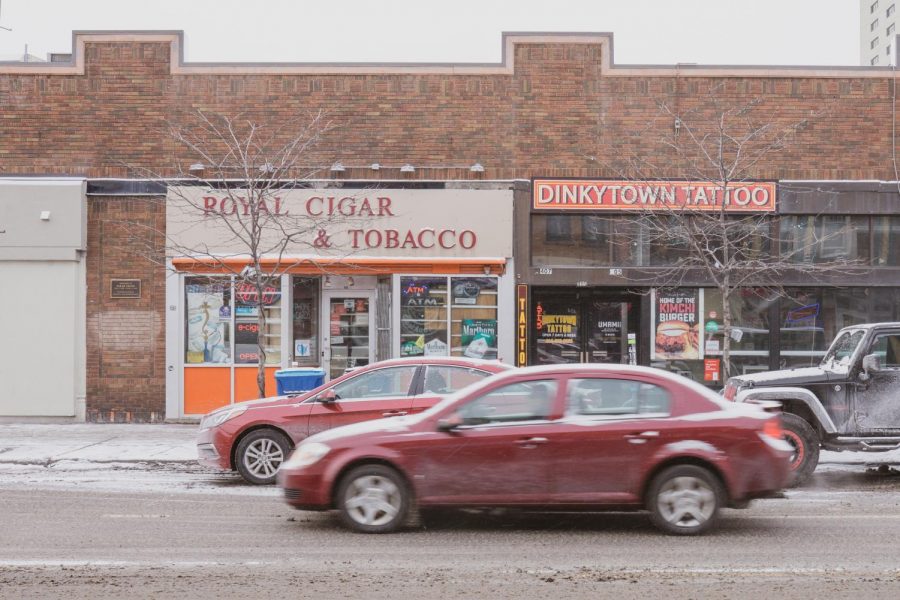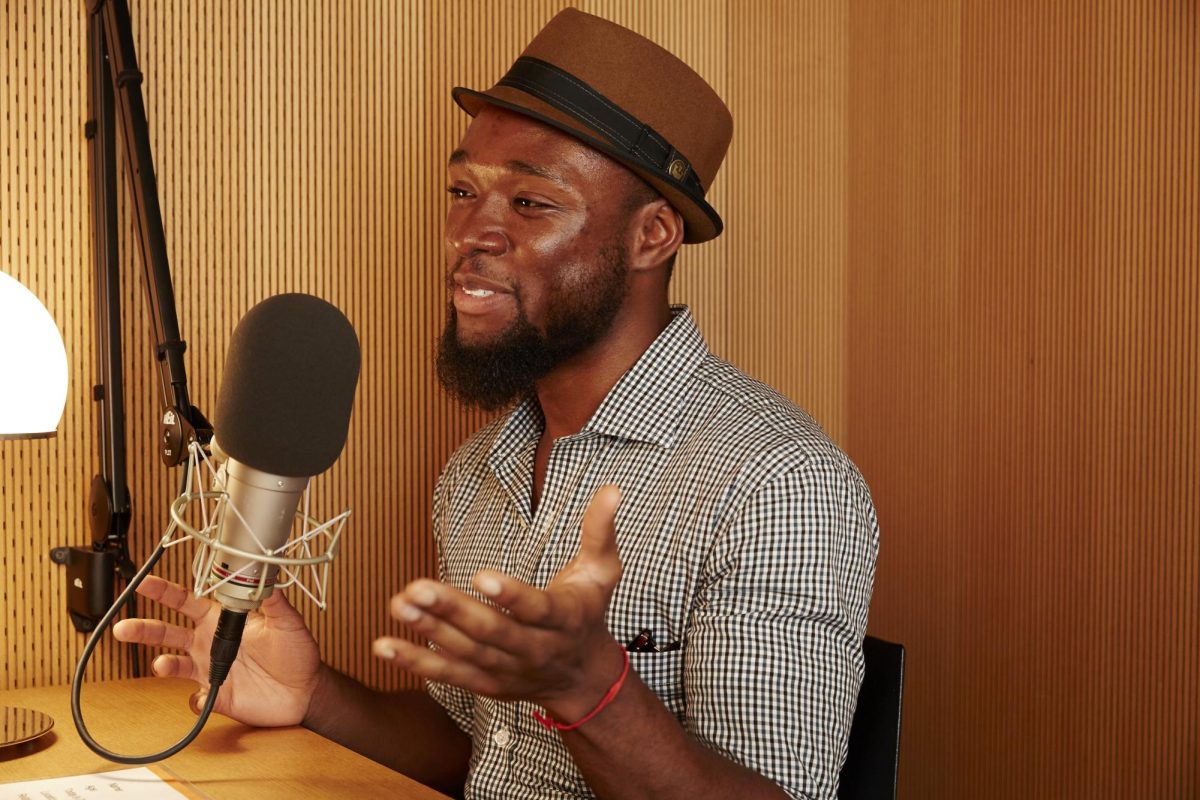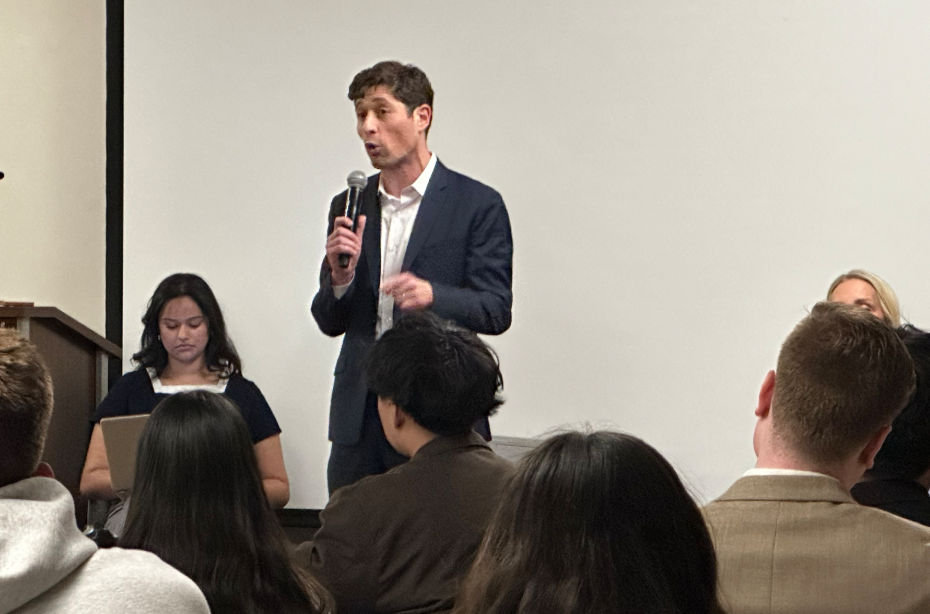Several researchers and health experts are taking a community-engaged research approach to assist Minnesota and Wisconsin American Indian tribes in creating smoking cessation programs tailored to their cultures.
The number of American Indian people in Minnesota that experience lung cancer is at least double the number of any other racial or ethnic group, according to the American Lung Association.
As American Indian people have not historically felt heard by researchers, community-engaged research can be done poorly, said University of Minnesota assistant professor of medicine Dr. Abbie Begnaud.
“I’ve seen presentations about things that I thought should not be public and followed up on it with the tribe — what the presenter was doing — and they were appalled,” associate professor in the School of Public Health, Dr. Linda Frizzell said. During her experience as a provider and administrator with American Indian health systems, she interacted with many researchers.
When she worked as a client director for a tribe, she would receive regular phone calls from researchers, many of whom did not attempt to build relationships with the tribe. However, things have changed in the past ten years, and tribes now have the legal ability to control their research and data, even for research conducted under a federal grant. The data-sharing agreements, now used nationally by tribes, give the tribes control of the research, Frizzell said. If a researcher wants to present data on the tribe, it must be in writing.
For researchers, or those in academia looking to collaborate with American Indian tribes and communities, it is important to remain humble and responsive to tribal members, Frizzell said. Each tribe has its own culture.
American Indian tribes have the insights and wisdom to solve health inequity, but some may require outside tools, resources or financial support to do so, said Melissa Buffalo, interim CEO of the American Indian Cancer Foundation.
Tribes lead commercial smoking cessation efforts, researchers help
Dr. Dana Carroll, assistant professor in the Division of Environmental Health Sciences at the University’s School of Public Health, has provided guidance and technical assistance to some American Indian Cancer Foundation research projects that aim to understand the usage behaviors, perceptions and attitudes around commercial and traditional tobacco.
Carroll is collaborating with Minnesota and Wisconsin tribes to create culturally tailored smoking cessation programs. The Bad River Band Tribe of Lake Superior Chippewa has been collaborating with Carroll for about two years to develop a smoking cessation program that utilizes its oral history and traditional teachings to reduce commercial smoking. Programs that are culturally tailored and seek to incorporate a tribe’s traditions as the foundation can really help the community, member of the Bad River Tribe program implementation team Dylan Jennings said.
“Forms of colonization really have done damage to us in different ways. And, commercial isn’t our traditional form of tobacco,” he said. “We want to get people back to growing their own tobacco plants and making their own ceremonial mixtures so that we’re not playing into the commercial tobacco system.”
In early February, Carroll discussed her approach at a workgroup hosted by the University. Her approach uses community-based participatory research that involves tribes in developing and conducting research.
“The overall focus [of the project] is on reducing commercial smoking, but then it’s very driven by the community in their own way,” Carroll said. “That’s an exciting part to be around — never a dull moment.”
Carroll’s main role in these collaborations is to help set up and oversee research, apply for funding as needed, help write proposals and be up to speed on tobacco and lung cancer research. She said tribe members are busy, so she helps however she can. Carroll said she is committed to ensuring individuals within the tribe are heard throughout the process.
For example, researchers are collaborating to find the most respectful and beneficial way to implement screening in American Indian communities. Screening can identify lung cancer early and give someone a much better chance of cure or more effective treatment, she said.
An estimated less than 10% of the eligible U.S. population get screened for lung cancer. Barriers to accessing screenings lead researchers to suspect American Indian people are screened for lung cancer at even less than the national rate, Begnaud said.
Preserving traditional tobacco use
Many tribes are teaching awareness about the harm of commercial tobacco use, Buffalo said. She stressed the importance of commercial use education while still strengthening tribes’ relationship with traditional tobacco use.
“We really want researchers who want to have a long-term relationship beyond the project life,” Buffalo said.
Colonization restricted American Indian tribes’ access to traditional tobacco plants, leaving people to use commercial tobacco in place of traditional tobacco. This led to high rates of commercial use, especially cigarettes, according to research published in the American Journal of Public Health.
The distinction between tradition and commercial tobacco is very important, Frizzell said. Traditional tobacco is harvested from traditional plants, and unlike commercial tobacco, it does not have any smell and is generally used for ceremonies or offerings instead of smoking.
Traditional tobacco use is part of American Indian culture and has been for generations before and will be for generations to come, Buffalo said.
Working to reclaim Indigenous health
The University has a part in colonization that has been traumatic for tribes, which can cause reluctance to participate in the institution’s research, Carroll said. History also shows the maltreatment of tribes in research. It is also a common concern among other communities of color.
Buffalo said she sees the impact of cancer on her family, her communities and her staff.
“We really want to reclaim our Indigenous health,” she said. “We really do see a day where cancer is no longer the leading cause of death for our Native people.”
Collecting research and collaboration has been slowed during the pandemic, Carroll said.
“COVID-19 has been harsh on American Indians,” Frizzell said.
Despite complications of the pandemic, Carroll has been able to meet virtually with American Indian tribes. But COVID-19 has become such a prevalent issue for some tribes that they have decided to pause research.
The general population has become more stressed during the pandemic, and, anecdotally, smoking has seen an uptick, she said. Some tribes have told Carroll that they want to quit more now than ever because of health conditions due to smoking, making them more susceptible to COVID-19.
Bad River Tribe has adapted to collecting interviews from community members virtually, Jennings said. The pandemic has slowed but not stopped the collecting of information from people in the tribe: how they began smoking, when they started, what type of tobacco they use and what they know of tobacco and health information.
“Everybody knows somebody in our community that’s impacted negatively by smoking of commercial tobacco. So, everybody thought that trying to create something in this realm could be helpful to our community and hopefully in the long run improve health,” Jennings said.









Rusty
Feb 27, 2021 at 2:04 pm
One cigarette a day will not hurt anyone.